What happened to Air India Flight 171?
Preliminary report reveals 'fundamental reason' why jet crashed, but questions remain about whether it was 'deliberate, accidental or if a technical fault was responsible'
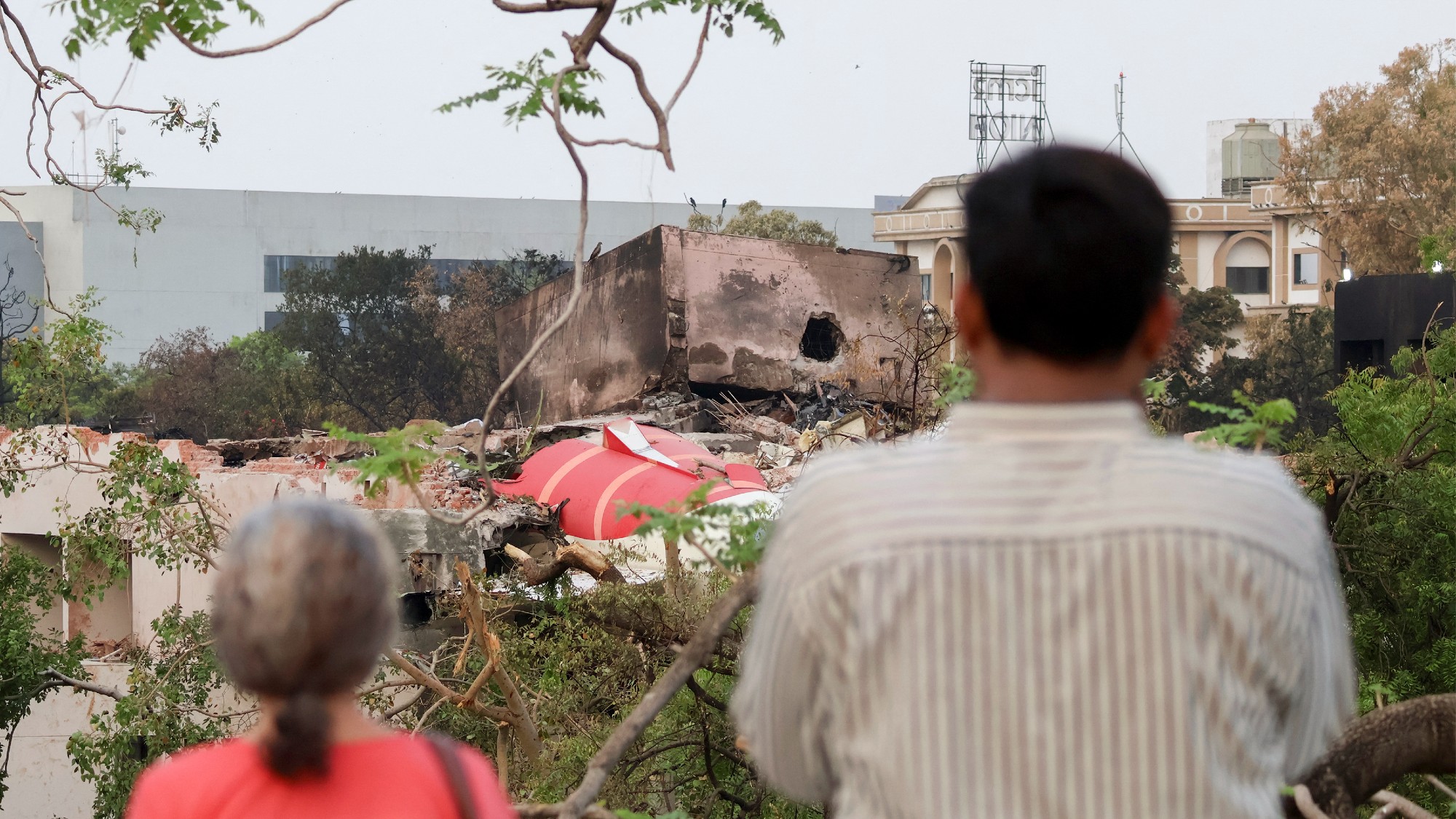
A free daily email with the biggest news stories of the day – and the best features from TheWeek.com
You are now subscribed
Your newsletter sign-up was successful
New evidence suggests the crash of Air India Flight 171 could have been the result of human error or that the fuel cut-off switches were deliberately triggered by one of the pilots.
The AI171 flight from Ahmedabad, in western India, to London crashed less than a minute after take-off, killing all but one of the 242 passengers and crew on board as well as 19 people on the ground, making it the world's worst aviation disaster in a decade.
A preliminary report by India's Aircraft Accident Investigation Bureau (AAIB) has revealed that the fuel supply to both engines was cut off as the plane was taking off. Seconds later the switches were turned back on, but it was too late to stop the aircraft from crashing.
The Week
Escape your echo chamber. Get the facts behind the news, plus analysis from multiple perspectives.

Sign up for The Week's Free Newsletters
From our morning news briefing to a weekly Good News Newsletter, get the best of The Week delivered directly to your inbox.
From our morning news briefing to a weekly Good News Newsletter, get the best of The Week delivered directly to your inbox.
What did the commentators say?
The findings reveal the "fundamental reason why the jet crashed, but much remains unexplained", said CNN.
The report does "not make clear how the fuel switches were flipped to the cut-off position during the flight, whether it was deliberate, accidental or if a technical fault was responsible".
Aviation experts have been quick to point out that on Boeing 787 Dreamliners the fuel switches must be pulled up to unlock before flipping and are also safeguarded by protective brackets to prevent them being activated accidentally.
A safety feature "dating back to the 1950s," these level-lock switches are "built to exacting standards" and are "highly reliable", said the BBC.
A free daily email with the biggest news stories of the day – and the best features from TheWeek.com
A key piece of evidence comes from the cockpit voice recording, in which one of the pilots is heard asking: "Why did you cut off?" in reference to the fuel supply switch. The other pilot responds: "I did not do so".
This has understandably focused attention on the two pilots.
The captain, 56-year-old Sumeet Sabharwal, was "nearing the end of an impeccable career as a commercial pilot" with more than 15,000 hours of flying experience, said The Times. His co-pilot, 32-year-old Clive Kunder, was "much nearer the start of his career". Both men were "well-rested".
In the aftermath of the crash, both pilots were "treated as heroes" as they managed to steer the descending plane away from a crowded block of residential flats. But the AAIB report "raises questions about the pilots' actions that afternoon", while simultaneously "finding no fault so far with the aircraft itself".
"Deliberate, malicious intent from either pilot would appear unthinkable given the record of the Air India officers in the cockpit", said The Guardian. "Switching off by mistake would also seem incredible. And yet human error cannot be excluded".
What next?
Analysis of the full cockpit voice recorder "holds the key to this puzzle", said the BBC. With "audio from pilot mics, radio calls and ambient cockpit sounds" as well as a "full cockpit transcript", it should be possible to ascertain who said what and which pilot was in control of the aircraft at the time the fuel switches were turned off.
The Air India crash has also made a case for "revisiting" cockpit video recorders, said The Air Current. More than 20 years – and multiple airline crashes – after the US National Transportation Safety Board recommended fitting crash-protected cockpit image recording, "video recording technology is ubiquitous, advanced and nowhere to be found in the cockpits of most commercial jetliners".
The AAIB report also highlighted a 2018 bulletin from the US Federal Aviation Administration about the potential for the fuel control switch locking mechanism to disengage. While "not mandatory, the inspection recommended by the FAA was not performed by Air India", said The Times, prompting legal action from victims' families to obtain information on the Boeing 787's fuel control system.
A full report into the crash is expected in 12 months.
-
 What is the endgame in the DHS shutdown?
What is the endgame in the DHS shutdown?Today’s Big Question Democrats want to rein in ICE’s immigration crackdown
-
 ‘Poor time management isn’t just an inconvenience’
‘Poor time management isn’t just an inconvenience’Instant Opinion Opinion, comment and editorials of the day
-
 Bad Bunny’s Super Bowl: A win for unity
Bad Bunny’s Super Bowl: A win for unityFeature The global superstar's halftime show was a celebration for everyone to enjoy
-
 One great cookbook: Niloufer Ichaporia King’s ‘My Bombay Kitchen’
One great cookbook: Niloufer Ichaporia King’s ‘My Bombay Kitchen’The Week Recommends A personal, scholarly wander through a singular cuisine
-
 How digital ID cards work around the world
How digital ID cards work around the worldThe Explainer Many countries use electronic ID to streamline access to services despite concern by civil rights groups they ‘shift the balance of power towards the state’
-
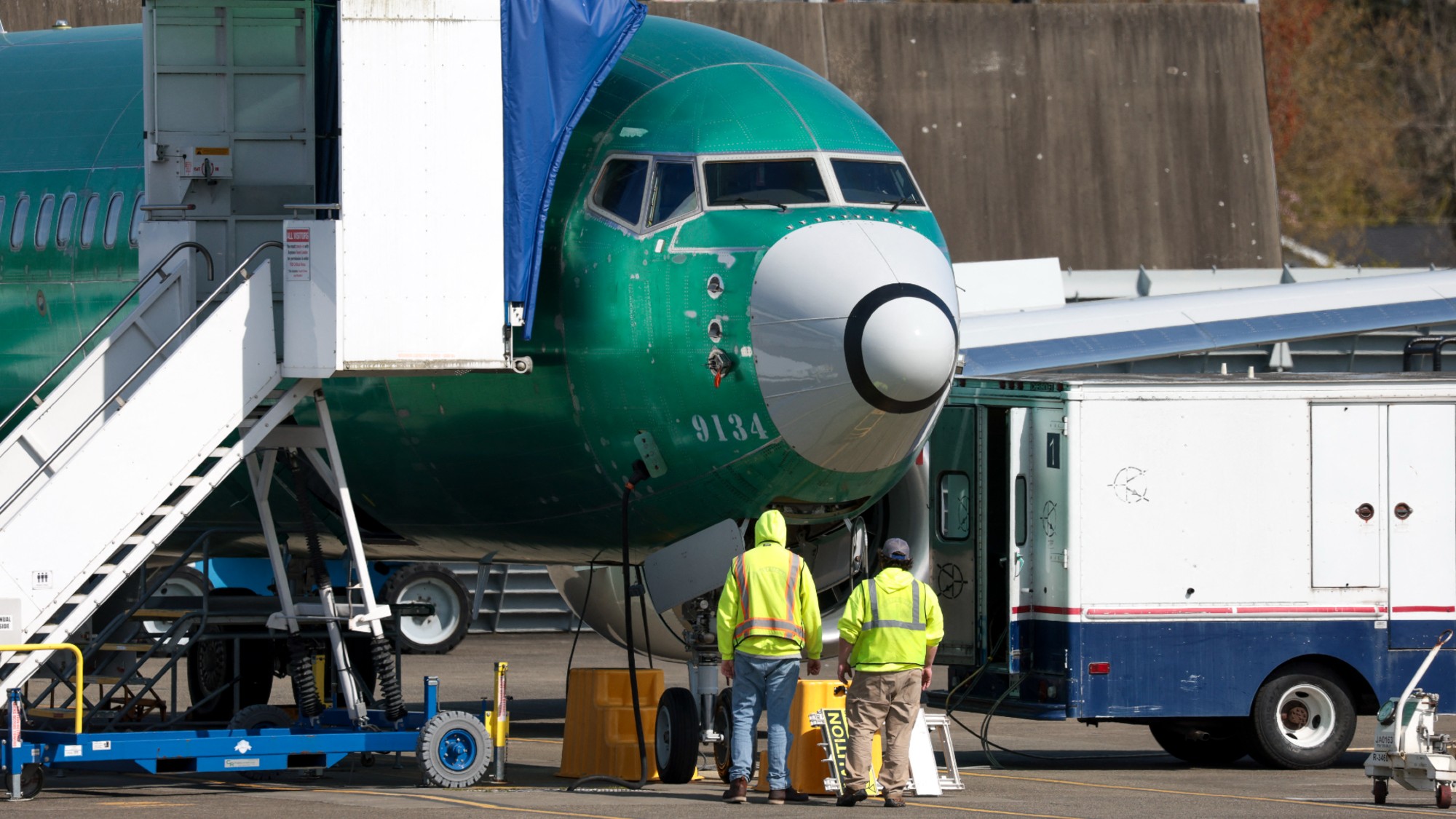 Questions abound over the FAA’s management of Boeing
Questions abound over the FAA’s management of BoeingTalking Points Some have called the agency’s actions underwhelming
-
 Trouble on the seas as cruise ship crime rates rise
Trouble on the seas as cruise ship crime rates riseThe Explainer Crimes on ships reached nearly a two-year high in 2025
-
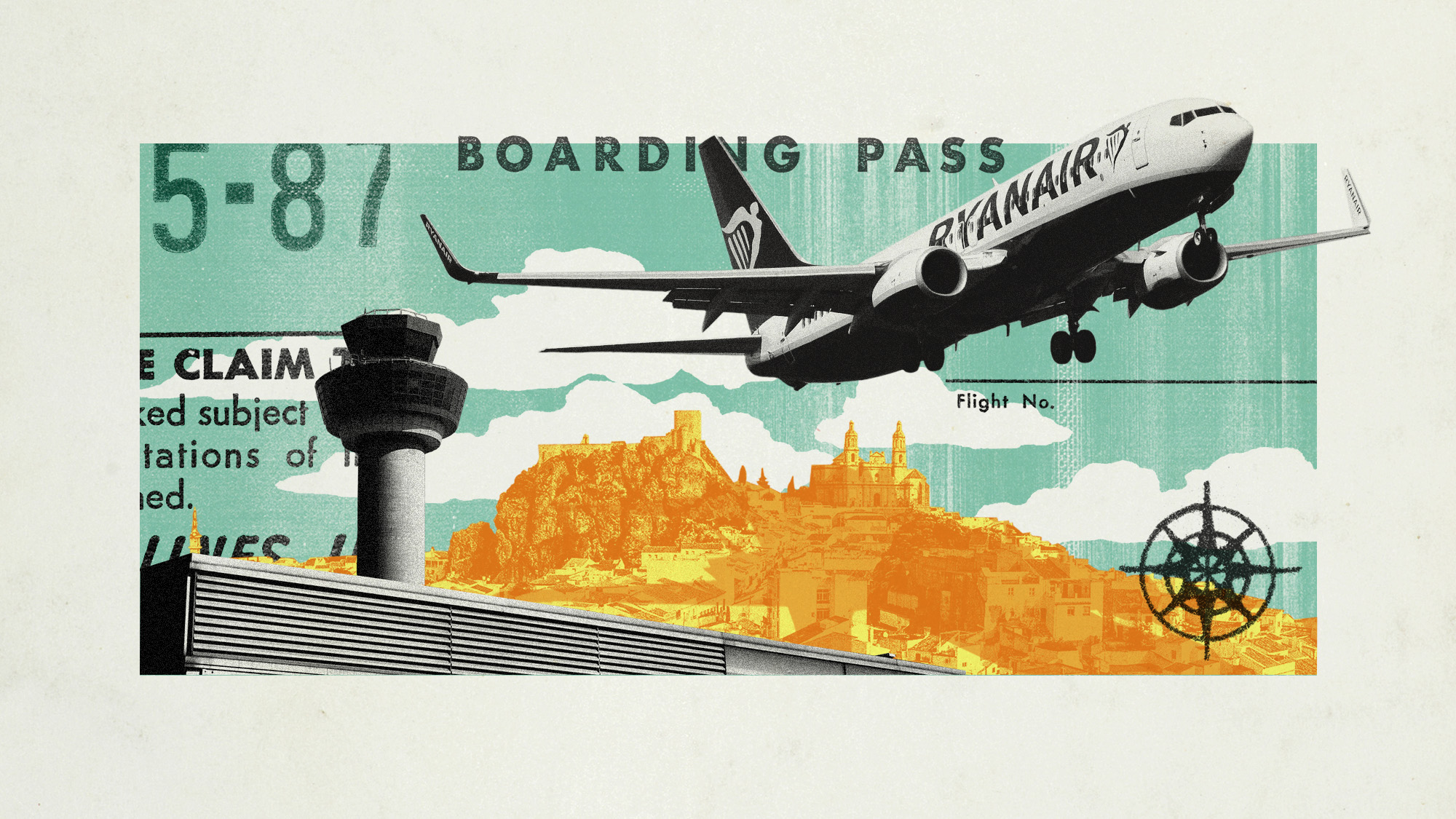 ‘Hypocrisy’ and ‘blackmail’: Ryanair’s feud with Spain
‘Hypocrisy’ and ‘blackmail’: Ryanair’s feud with SpainUnder the Radar Bitter row over rising fees sees the Irish budget airline slash a million seats on regional routes this winter
-
 Don't fly by the seat of your pants. Do it the healthy way with these airborne tips.
Don't fly by the seat of your pants. Do it the healthy way with these airborne tips.The Week Recommends Yes to stretching. Even more yesses to hydration.
-
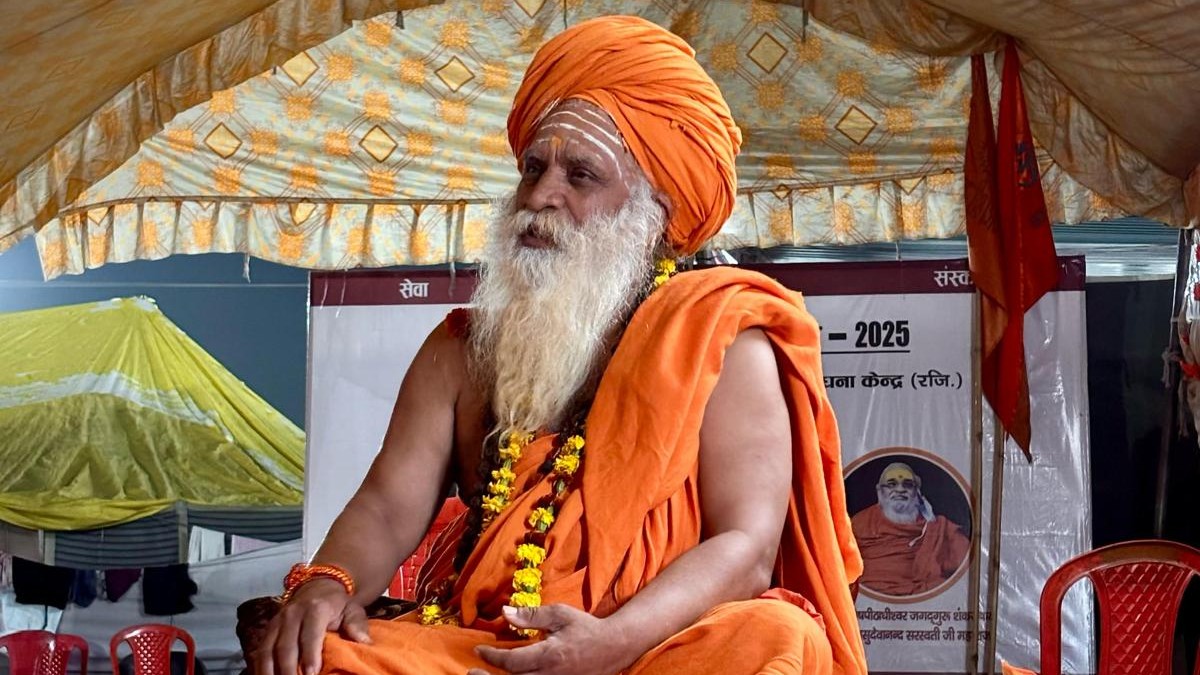 Uttar Pradesh: from a once-in-a-generation festival to tiger tracking in an ancient forest
Uttar Pradesh: from a once-in-a-generation festival to tiger tracking in an ancient forestThe Week Recommends Soak up the state's rich culture on one of Explorations Company's specially curated tours
-
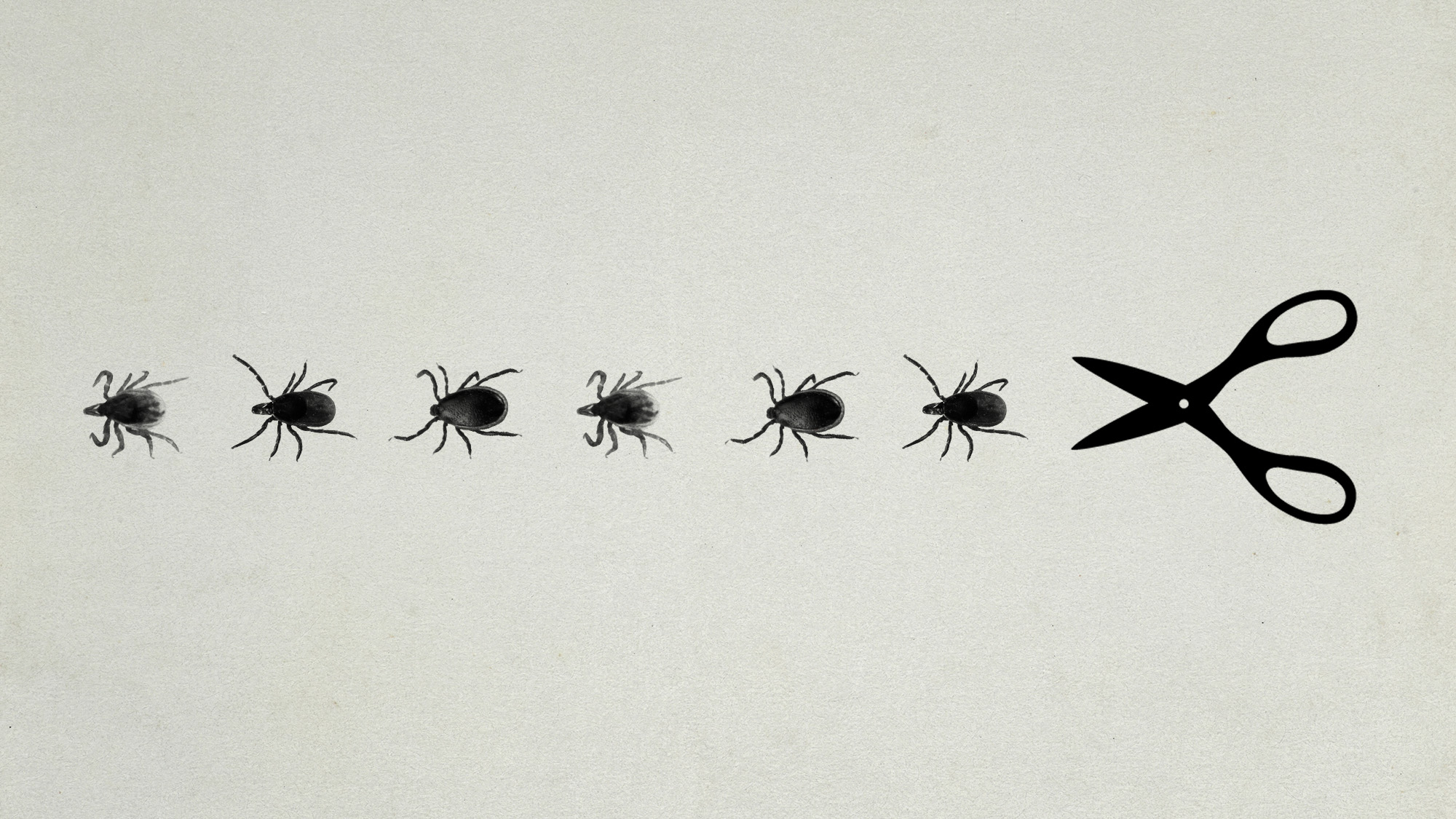 Yes, you can be outside this summer and avoid ticks. These are the tips to know.
Yes, you can be outside this summer and avoid ticks. These are the tips to know.The Week Recommends Don't get ticked off